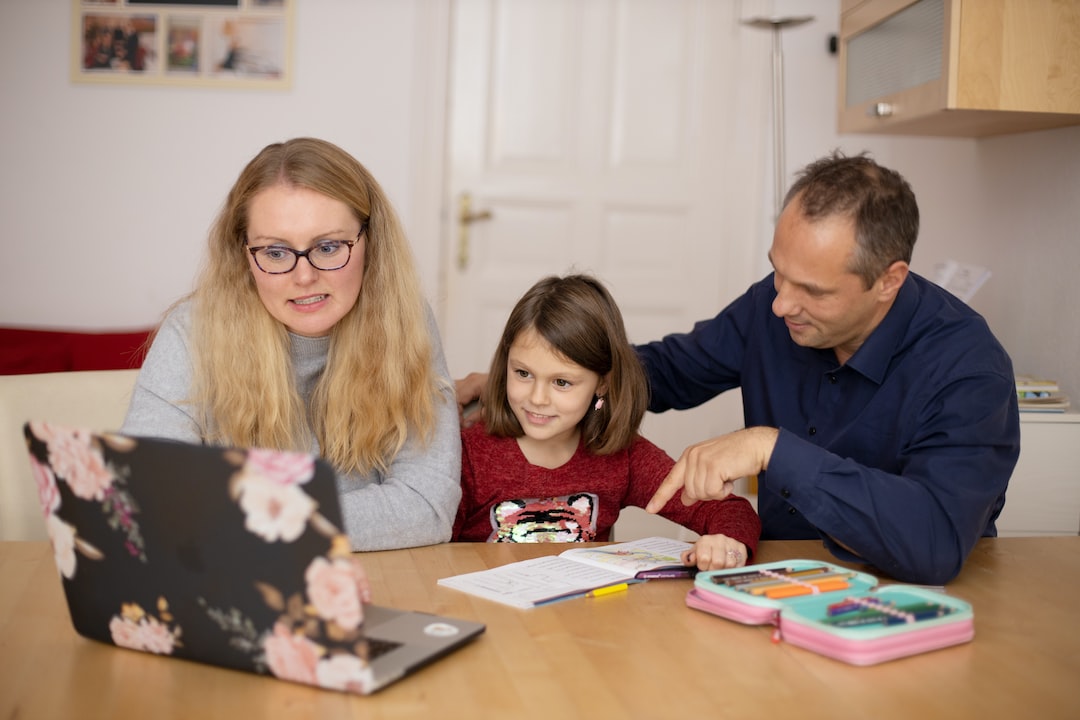
The Role of Physical Education in Child Development
Share0The Role of Physical Education in Child Development
Physical education is an essential aspect of a child’s overall development. It involves activities that help in the improvement of physical fitness, motor skills, and cognitive abilities. In recent years, the importance of physical education for children has gained recognition due to its positive impact on their overall well-being. This blog post aims to explore the crucial role that physical education plays in the holistic development of a child.
Promoting Physical Fitness
In today’s digital age, children are often consumed by sedentary activities such as watching television, playing video games, or using various electronic devices. This sedentary lifestyle can lead to numerous health issues like obesity, heart disease, and diabetes. Physical education provides children with opportunities for regular exercise, helping them develop and maintain a healthy level of physical fitness.
Regular physical activity helps in the development of strong muscles and bones, improves cardiovascular health, and enhances overall motor skills. Engaging in activities like running, jumping, throwing, and catching not only builds physical strength but also promotes balance, coordination, and flexibility. Furthermore, it helps in the prevention of childhood obesity and related health issues, setting the foundation for a healthier lifestyle in adulthood.
Enhancing Motor Skills
Physical education significantly contributes to the development of a child’s motor skills. Gross motor skills involve the movement of large muscles, such as walking, running, and jumping, while fine motor skills involve the use of small muscles, like picking up objects or writing. Through various sports and activities, physical education helps children develop both gross and fine motor skills, thereby enhancing their overall physical coordination and control.
Teamwork and Social Skills
Physical education often involves team sports and group activities, creating opportunities for children to interact and collaborate with their peers. These activities promote the development of important social skills like teamwork, communication, and cooperation. Children learn to work together towards a common goal, respect each other’s abilities, and become supportive team members.
Participating in team sports also enhances leadership skills, as children learn to take responsibility, make decisions, and guide others. Learning how to win graciously and accept defeat gracefully are essential life skills that physical education helps instill in children, along with promoting the value of fair play and good sportsmanship.
Improved Cognitive Abilities
Physical education positively impacts not only a child’s physical development but also their cognitive abilities. Research shows a clear link between regular physical activity and improved academic performance. Engaging in physical education helps stimulate brain activity, thereby enhancing memory, attention span, and overall cognitive function.
Physical activity and exercise release endorphins, which boost mood and reduce stress, leading to improved mental well-being. By promoting a healthy mind-body connection, physical education contributes to better concentration, focus, and overall academic success.
Promoting Lifelong Healthy Habits
Engaging children in physical education from an early age sets the foundation for lifelong healthy habits. When children are introduced to various forms of physical activity, they are more likely to continue exercising and participating in sports as they grow older. Regular physical activity in childhood helps establish a healthy lifestyle pattern that carries over into adulthood, reducing the risk of chronic diseases and leading to a longer, healthier life.
Conclusion
Physical education plays a vital role in the holistic development of children. It promotes physical fitness, enhances motor skills, fosters social skills, boosts cognitive abilities, and instills lifelong healthy habits. By providing regular opportunities for physical activity and exercise, physical education equips children with the tools to lead a healthier, more active lifestyle. It is imperative that schools and parents recognize and prioritize the importance of physical education in the lives of children, ensuring their overall well-being and future success.
